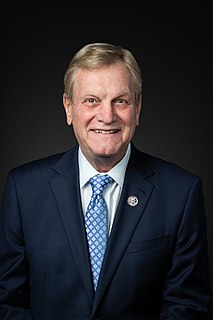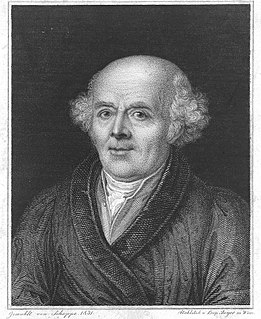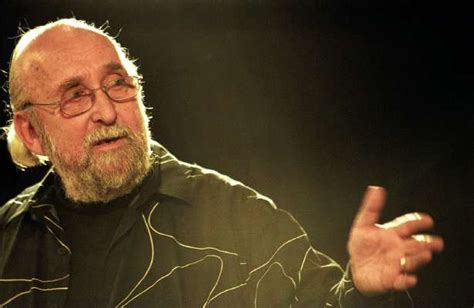A Quote by Ginnifer Goodwin
I made some friends at Listerine and they taught me a little bit about oral care. That half of adults suffer from oral disease, that the number one chronic disease among children is oral disease, that we're only taking care of 25% of our mouths when brushing alone and there are more germs in your mouth than there are people on the planet.
Related Quotes
Every effective drug provokes in the human body a sort of disease of its own, and the stronger the drug, the more characteristic, and the more marked and more violent the disease. We should imitate nature, which sometimes cures a chronic affliction with another supervening disease, and prescribe for the illness we wish to cure, especially if chronic, a drug with power to provoke another, artificial disease, as similar as possible, and the former disease will be cured: fight like with like.
Moreover, it is so important that people have the opportunity to share their stories and have them documented. There have been large-scale oral history projects after many events, from September 11th to Hurricane Katrina. Many oral history projects are much more confined, but equally valuable. We can learn about different working conditions, living conditions, trauma experiences and much more through oral history.
HIV/AIDS from converted from a lethal disease into a chronic disease because basic scientists' fundamental research was done that illuminated aspects of that virus and allowed the generation of therapies like antiretroviral therapies. And so now HIV/AIDS is not a lethal disease, it is a chronic disease.
The quality of health care in Germany is not as good as people sometimes believe it to be. We have problems with chronic diseases. The German system allows too many hospitals and specialists to treat chronic diseases. We do not have enough volume in many institutions to deliver good quality, and we do have fairly strict separations ... between primary physicians, office specialists and hospital specialists. But I think the quality problems can be solved in the next couple of years, and we have made major progress in diabetes, coronary artery disease and pulmonary disease care.
People still think of AIDS as a shame-based disease, it's a sexually transmitted disease, and you're either gay or you're a prostitute or an intravenous drug user. And so a lot of people are still very bigoted about this disease. It's such a treatable disease. It's so - the end is in sight for this disease, medically.
My book, Oral History: Understanding Qualitative Research is about how researchers use this method and how to write up their oral history projects so that audiences can read them. It's important that researchers have many different tools available to study people's lives and the cultures we live in. I think oral history is a most needed and uniquely important strategy.
The Americans are violently oral. That's why in America the mother is all-important and the father has no position at all -- isn't respected in the least. Even the American passion for laxatives can be explained as an oral manifestation. They want to get rid of any unpleasantness taken in through the mouth.
I'm saying that the domain of poetry includes both oral & written forms, that poetry goes back to a pre-literate situation & would survive a post-literate situation, that human speech is a near-endless source of poetic forms, that there has always been more oral than written poetry, & that we can no longer pretend to a knowledge of poetry if we deny its oral dimension.


































